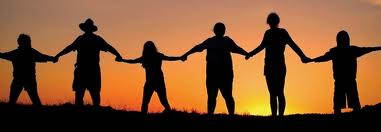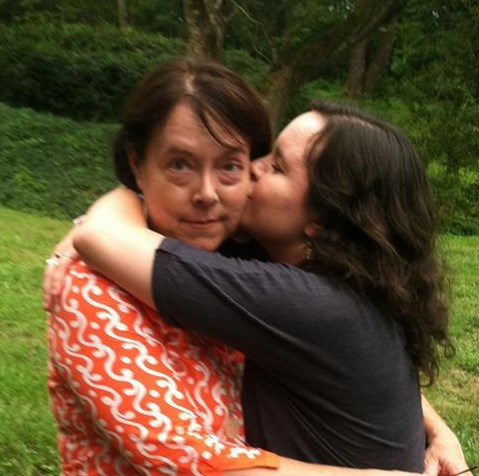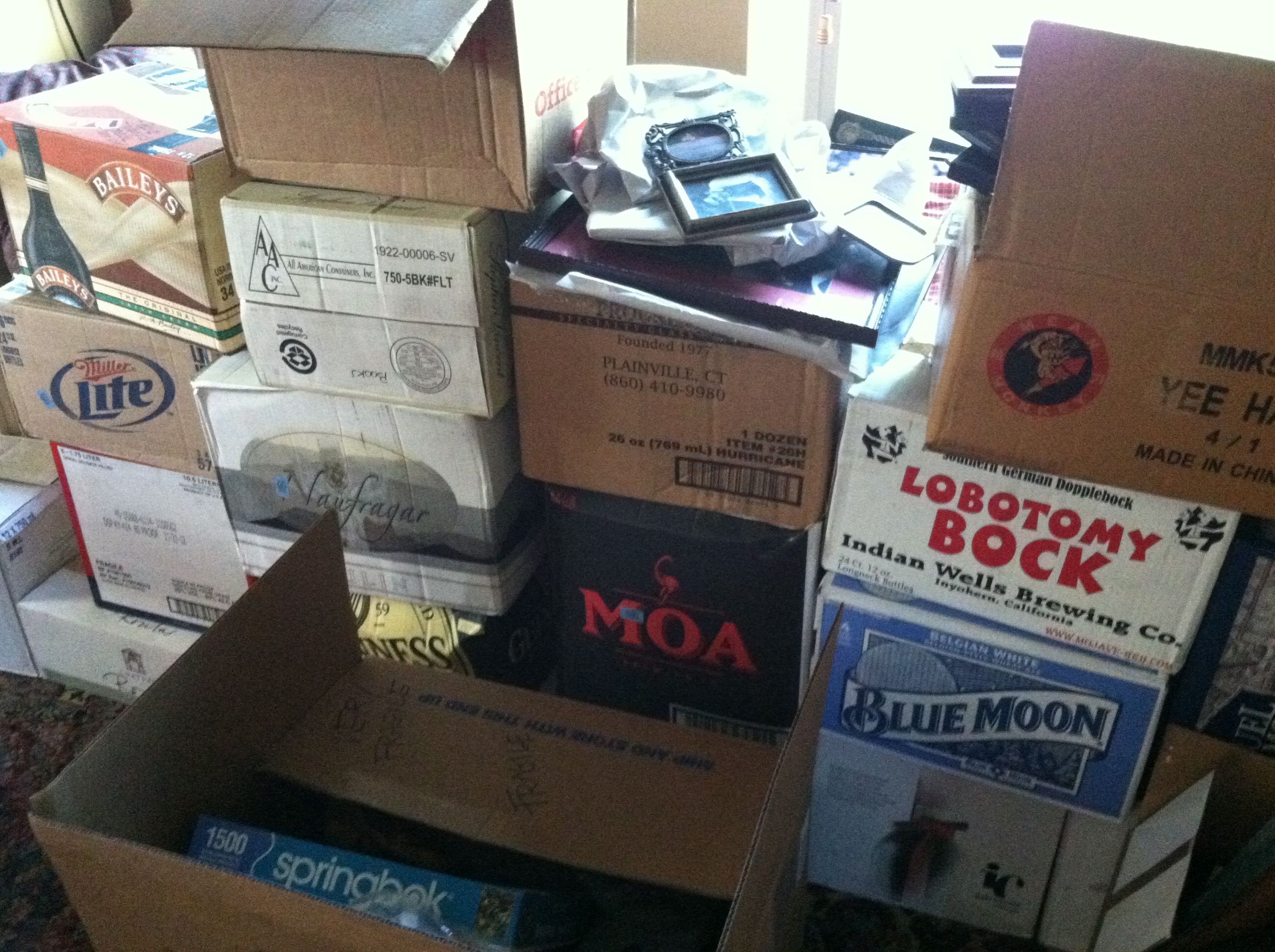Cats have always been my animal. Well, and horses. In some ways I’m a girly stereotype, at least as identified by my animal preferences.
It’s not that I have not liked dogs. I’ve always enjoyed them, and even retained a strong attraction to German Shepherds despite the fact that I was attacked rather viciously by one when I was just three. My only distinct memory of that event was the sight of my dad’s shirt turning from white and brown check to red as he ran with me over his shoulder from Central Park to the nearest doctor’s office. Still, my brother-in-law’s shepherd, Miles, was one of my favorite people.
I feel an affinity for other animals at other times in my life, and pay close attention when one species in particular makes repeated appearances over the course of a few days or weeks. I love the book, Animal Speak, by Ted Andrews. He writes about animal medicine and advises his reader to stay alert to the lessons that can be learned, and what clues are to be found to help us step along our path toward inner knowing. The medicine comes to us through the spirits that greet us in the form of the hawk, the skunk, the bear, the heron, the deer, or the coyote. And many more.
But for me, 2013 so far has very much been about dogs. Through a series of circumstances, I have spent a lot of time with them. Different dogs. I have been moving around a lot and have ended up, several times, living with, getting to know, taking care of—dogs.
I’ve fallen in love with them. My heart has been melted by dogs. Even dogs who are complete strangers, whom I met while visiting a dog park with my sister and her pup, Dexter, have winnowed their way into my consciousness and heart.
So what is the animal magic dogs have brought to me? I’ve been thinking about this.
Live in the moment
A dog forgets the full bladder of dawn, the hungry tummy when the human dinner is cooking and no one has gotten around to feeding him yet, the hours of neglect in favor of the laptop, the washing machine, or the lawnmower. For a dog, history is gone forever and the now is everything. The smell of my flip flop. The flicker of laughter outside on the sidewalk. The sight of a favorite human. The feel of fingers scratching under a tilted chin. A dog’s sensations of the moment trump everything else. The past is meaningless. The future does not exist yet, so why bother?
Forgiveness
A dog’s forgiving nature relates to living in the moment, as I see it. The two dogs I am living with and caring for now, Nico (a poodle) and Chini (a lab mix), are dear, affectionate souls who love nothing more than to romp through the woods with me, flop in the sun at my feet as I read a book, lounge across me as I watch TV and scratch them languorously. They have accepted me into their lives as a surrogate mom they like a lot. Sometimes I have to leave them. Life happens. I try not to leave them for more than 5 hours at a time, if possible, and if I must, to enlist the help of a neighbor. One day, I got stuck. Frantic, I watched three hours tick by, over my deadline. When I finally pulled into the driveway, I heard their barking. Clearly I was not the only one feeling frantic. I ran at top speed into the house, patted Nico who was jumping literally 4 feet off the ground, released Chini from the crate (Nico doesn’t get crated), apologizing effusively the whole time. The dogs would not leave the house to relieve their bladders until they licked me, nuzzled me, received my loving in return. There was no canine acrimony. No pouting (I mean, admit it—a cat will pout). No attitude. Just love, and flat out forgiveness as the past was forgotten and the moment of love and liberation cherished.
Patience
My friend Terri has some dogs. Five, to be exact. Two labs. A bull dog. An Australian Silky. A mix of Chihuahua, Greyhound and something else. Somehow, it all works. Scout, one of the labs, is one of the most long-suffering, calm, unflappable beasts in the universe. He will lie on the floor while Lily, the mixed breed dog, inexplicably humps his head with abandon. He will romp all over the sprawling property with Daisy, the terrier, who is 10 times smaller than he is. They run; he waits; Daisy eventually catches up; they run some more. Invariably, they come home together. Rosie, the bulldog, has a temper. Scout refuses to be riled. Admittedly, he is not that patient when it’s close to meal time, but he is a dog, after all.
Unconditional love
Bodhi, king Poodle (very tall) with floppy hair and melting eyes, sits every day like a Buddhist monk of royal lineage, feet neatly aligned, waiting for his mom, my old friend Annie, to come home. He waits all day. Sometimes he sleeps on the couch. (He takes up half of it, but, when he wants to fit up there with two or more humans, can curl into a remarkably small package.) This hippie dog’s heart is as huge as Ghandi’s or Mother Theresa’s. While I was there for a two week visit, Bodhi tuned in to me remarkably fast. He sensed my sadness, and in a compromise borne of his own empathy, left his mother’s bed halfway through the night to come sleep on mine. He did not do this at first, but after he’d gotten to know and care about me, it became part of his action plan of love. Did he ask for anything in return? Not really. But he got my undying love. Bodhi loves without condition. Dogs know how to do that. They do not question, criticize, doubt, or demand. They may ask for pats and ear scratches, and surely find it suitable to be fed upon occasion, but in the scheme of things, they give so much more than they get.
Dignity
It’s true that dogs can be pretty goofy. They don’t have the meticulous standards of a cat. Dogs will roll in rotten raccoon guts. They’ll make a scene, barking hysterically at a leaf floating by. But I now see these behaviors as endearing in their unbridled enthusiasm for life. Bella, a Swiss Mountain dog, belonged to my friend Teri for ten years. I met her the day she came home with Teri and her two daughters, and knew her all her life till her recent death. Bella could be pretty maddening. For example, eating chocolate, reading glasses, undergarments, and a variety of other unorthodox, unhealthy, and indigestible items. But somehow, no matter what mischief she got herself into, Bella had inherent dignity. She embodied the qualities of forgiveness, unconditional love, living in the moment, and endless patience for the other dogs in her family too. But it was her dignity in the face of adversity that struck me at the end, as she gradually let go of life. Though she was not in awful pain, she grew weaker and more wobbly as tumors spread over her body. Breathing was not always easy, and it hurt to walk. But she roused herself each morning to walk the gardens with her mom, waited for her girls to come to say goodbye, and left life on her own terms.
Embracing the doggy lessons into my life is the task I’m grappling with this year of 2013. I can’t ignore the future and though my mind occasionally erases it, the past still has a strong hold on me. I can forgive easily, except the one it is most important to forgive—myself, though I am getting better at it. Patience. That’s a good one. My record is spotty there. As a teacher, I could have oodles of patience. But being patient about my own process? Not what I’m best at… yet. Patience goes with forgiveness in some ways, doesn’t it? And maybe unconditional love, too. Something easy to feel for one’s children—so hard to feel for oneself. And finally, I seek my own dignity in the face of egregious failures and errors. “Be patient with, forgive, and love yourself,” I hear the dogs say to me, “and live for today. Isn’t today wonderful? And aren’t you lucky to have it?”
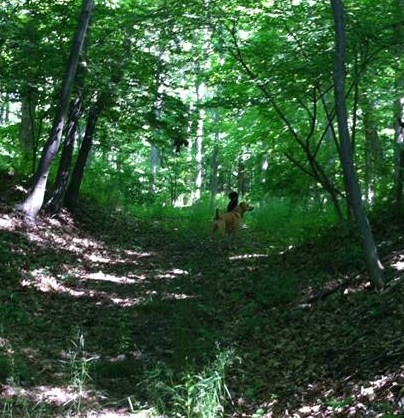
Chini and Nico on a woods ramble with me.
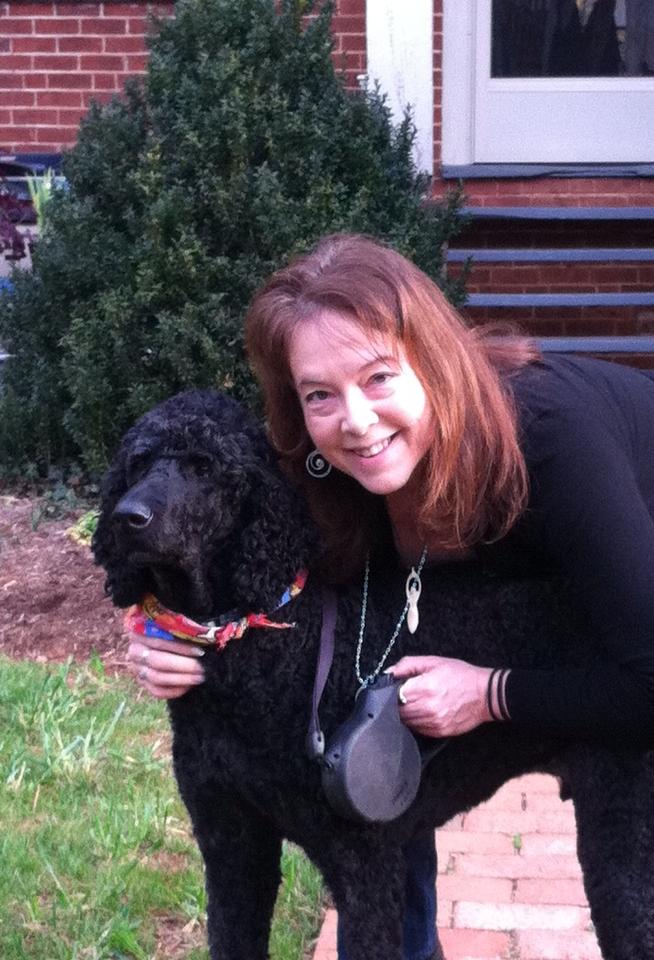
- Saying goodbye to Bodhi down in Virginia.
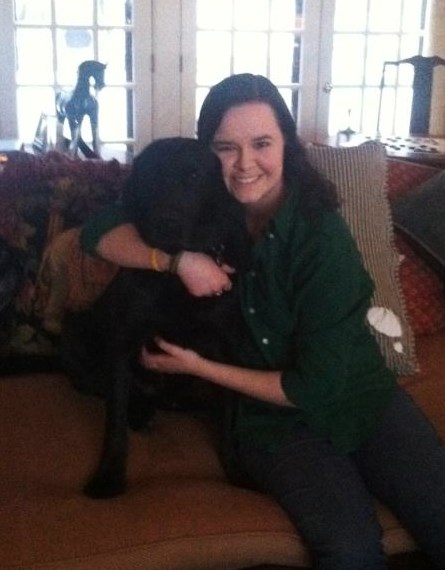
Scout is patient with my daughter’s hugs because he loves her!
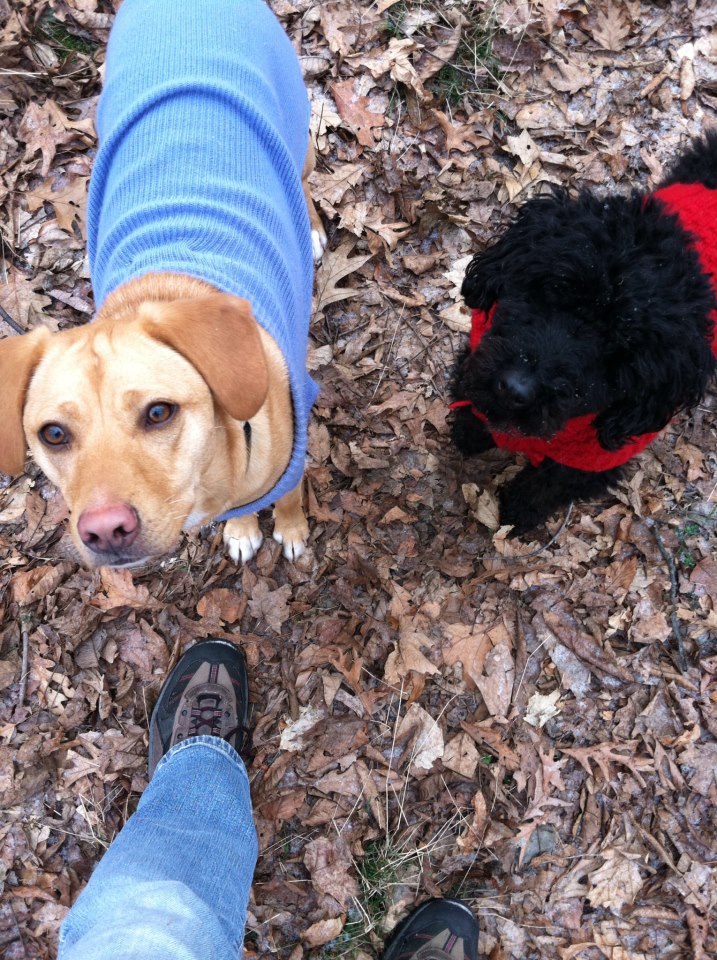
Chini and Nico — the look of love.
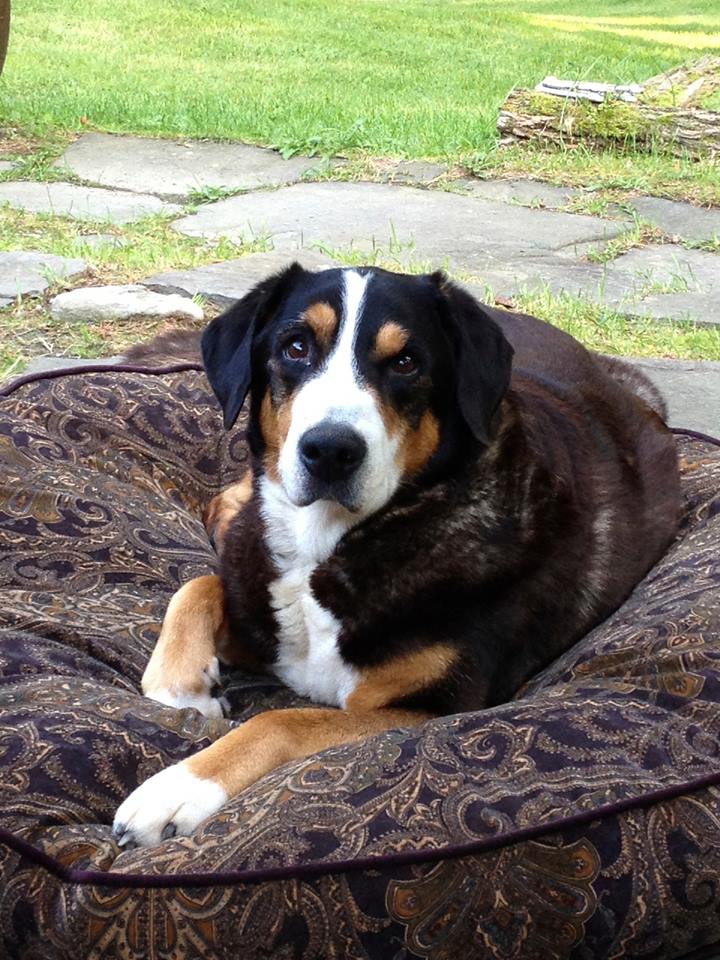
Dearest Bella in her last days, the epitome of all the doggy lessons, patient, loving, forgiving, dignified, and living in the last moments available.



